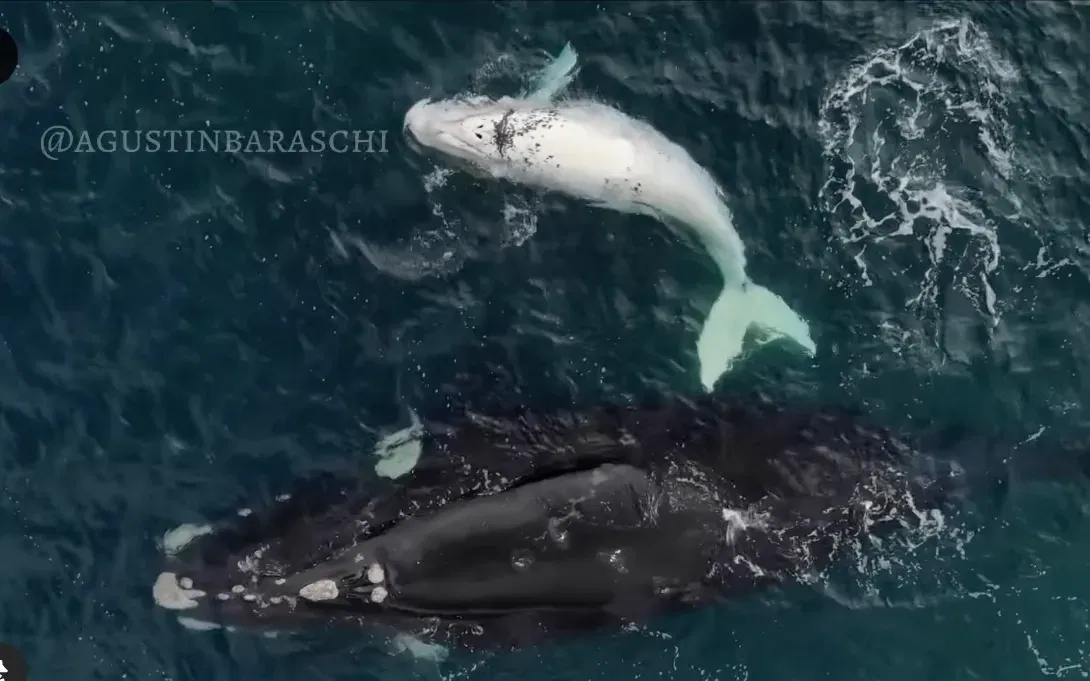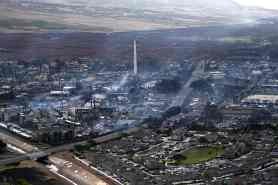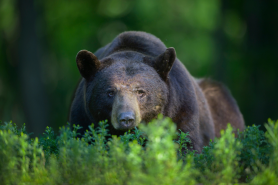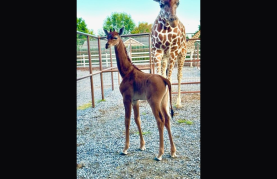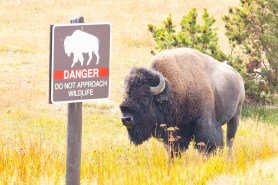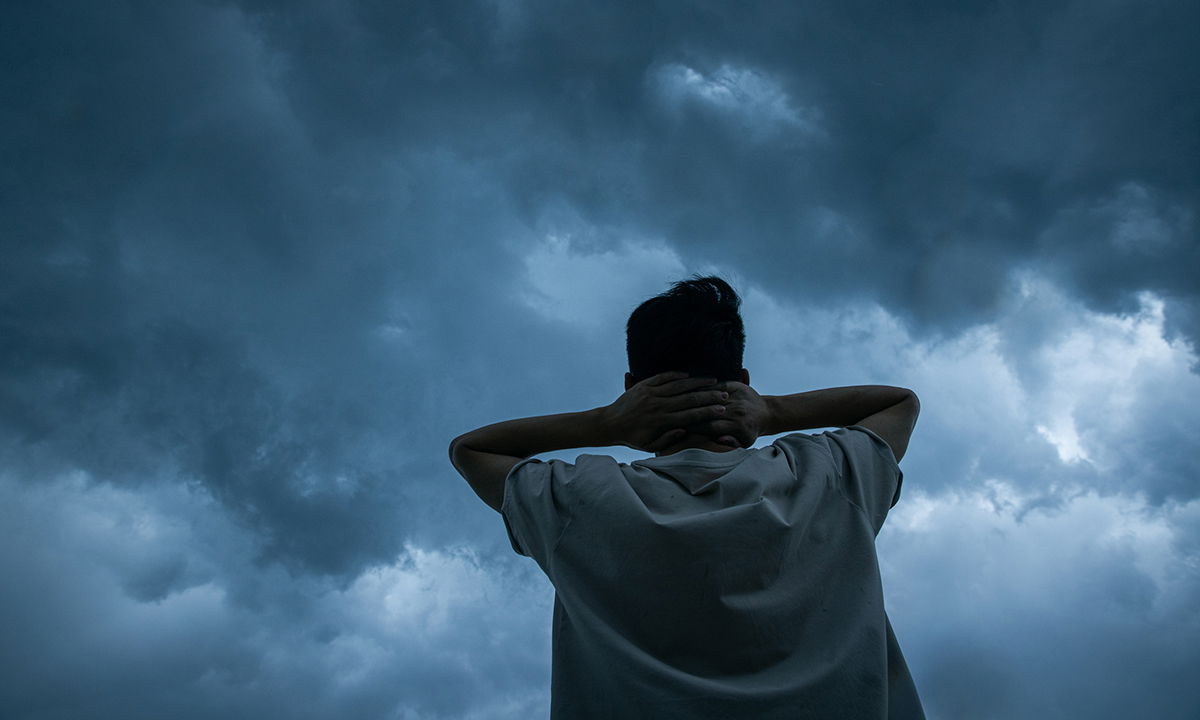

As the news constantly delivers images and headlines about climate-related disasters—raging fires, earthquakes, floods, a North Pole that’s moving—and very little policy adjustments to protect the earth, many people are growing increasingly worried about the planet.
The media may feed off of negative news, but there are passionate people in our society taking action and helping prevent or provide solutions for climate change, even if we aren’t always aware of what’s going on behind the scenes.
Keep reading to find out what climate anxiety is—and isn’t—and what to do about it. Scroll to the bottom to take the quiz to find out whether you have it or not.
Is Climate Anxiety a Thing?
Yes, climate anxiety is real. Mental health clinicians are seeing more patients come in with symptoms of climate-change anxiety. You may know it as eco-anxiety, eco-grief, or climate doom.
Senior research scientist at Yale School of the Environment Anthony Leiserowitz found that many people now say they cannot stop thinking about the consequences of global warming.
What Is Climate Anxiety?
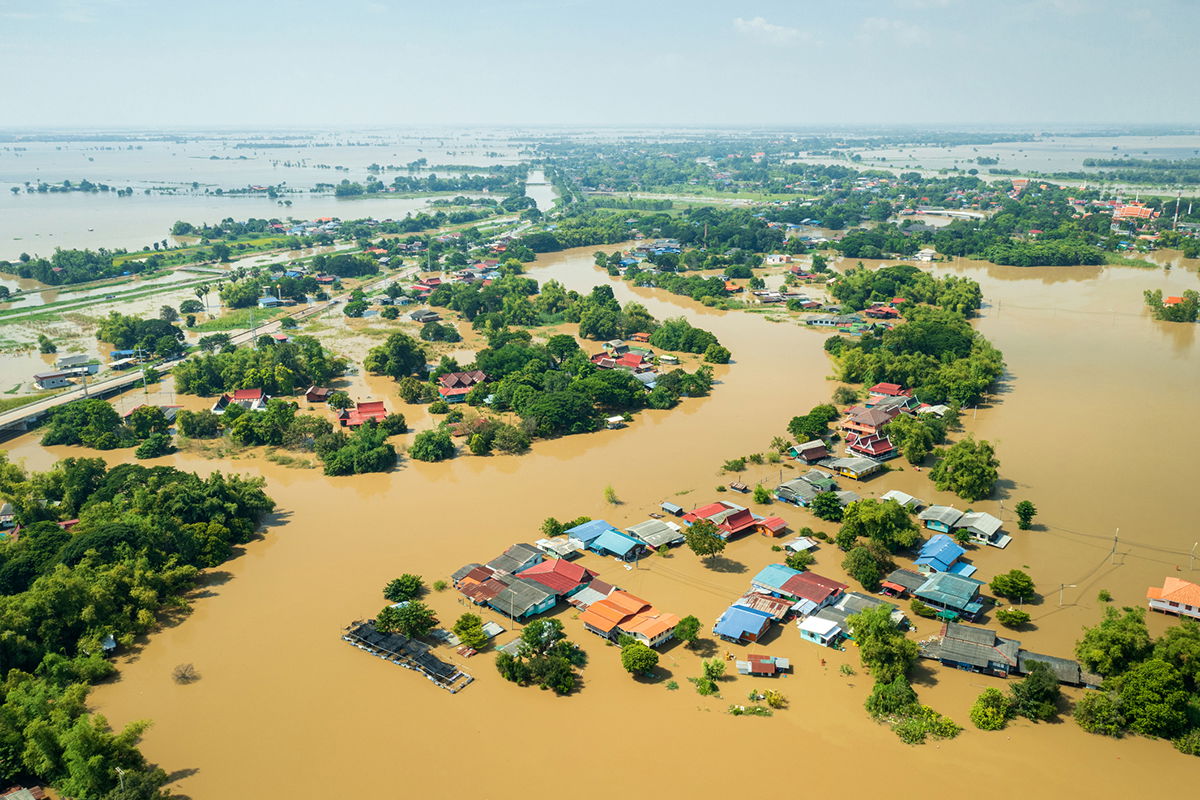
Climate anxiety is distress about climate change and its impacts on the landscape and human existence.
Worry is not the same thing as anxiety. Worry is a healthy motivator for action. When worry becomes overwhelming and debilitating and it keeps you from living your life, it becomes anxiety and is not helpful.
What Are the Symptoms of Climate Anxiety?
Climate anxiety is what people may feel when they think about the future of Earth’s climate. They may experience symptoms such as panic attacks, loss of appetite, irritability, weakness, and sleeplessness.
It can show up as intrusive thoughts or feelings of distress about future disasters or the long-term future of human existence, the world, and one’s family. Physiological sensations could include a racing heart and shortness of breath, and climate anxiety can also get in the way of relationships or functioning at work or school.
Climate anxiety is highly correlated with generalized anxiety, so it tends to affect people who are already anxious about other things.
Can Climate Change Cause Anxiety?
Our perception of the consequences of the changing climate can lead to anxiety, but climate change does not specifically cause anxiety for all people.
There are several different constructs that are related to climate anxiety, including:
- Ecological grief: feelings of longing or sadness based on observed changes in one’s ecosystem
- Solastalgia: a feeling of nostalgia for one’s home environment and the way things used to be

QUIZ: Do You Have Climate Anxiety?
Take the quiz by answering yes or no:
- I have anxiety in general. (Y/N)
- Thinking about climate change makes it difficult for me to concentrate. (Y/N)
- I have nightmares about climate change. (Y/N)
- My concerns about climate change make it hard to have fun with people. (Y/N)
- My concerns about climate change undermine my ability to work to my potential. (Y/N)
- I make different decisions based on my concerns about climate change. (Y/N)
- I have been directly affected by climate change. (Y/N)
- I know someone who has been directly affected by climate change. (Y/N)
- I have noticed a change in a place that is important to me due to climate change. (Y/N)
- I wish I behaved more sustainably. (Y/N)
- I recycle. (Y/N)
- I turn off the lights. (Y/N)
- I try to reduce my behaviors that contribute to climate change. (Y/N)
- I feel guilty if I waste energy. (Y/N)
- I believe I can do something to help address the problem of climate change. (Y/N)
How many times did you answer “yes”? The more answers you answered “yes” to, the more likely you are to have climate anxiety.
1-5 Climate Casual
You understand the climate is changing, but it does not worry you constantly.
6-9 Climate Aware
You think about the climate frequently and often take action, but it’s not a major source of anxiety for you.
10-15 Possible Climate Anxiety
You could be suffering from climate anxiety.
What to Do About Climate Change and Climate Anxiety
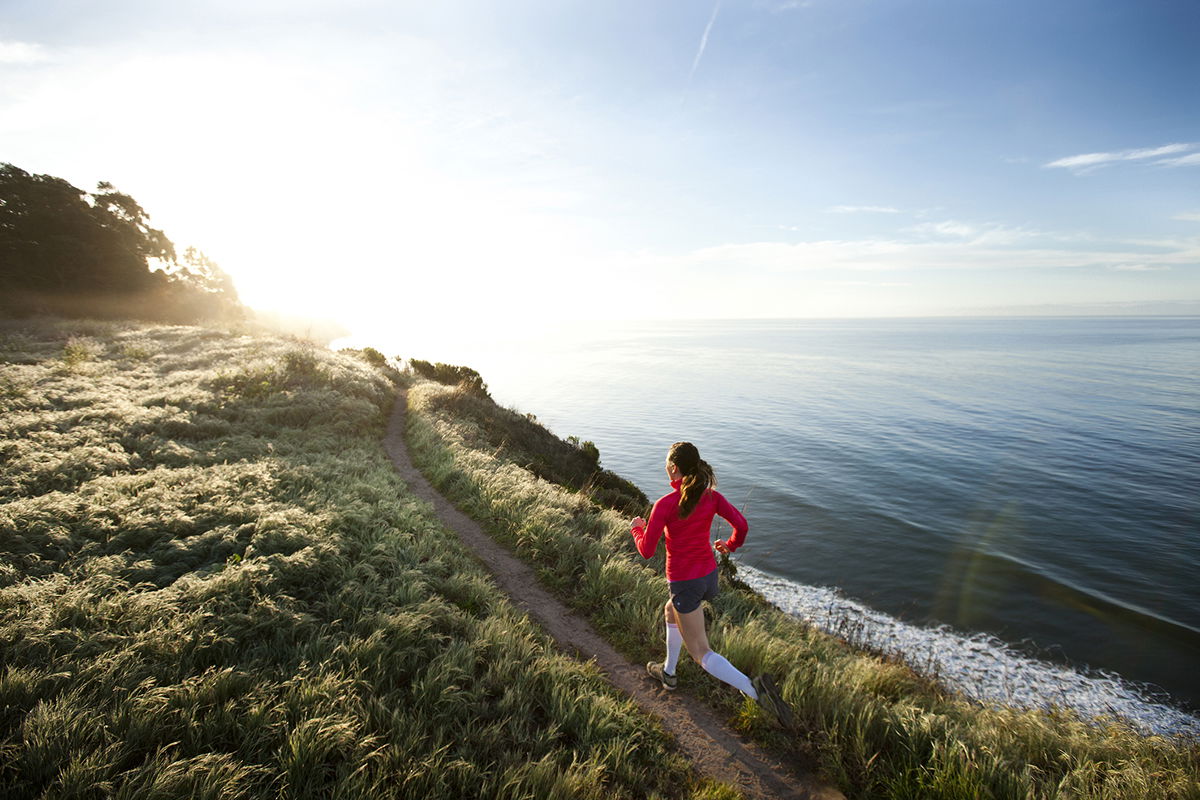
Taking Action in a Group Prevents Climate Anxiety
Yale clinical psychologist Sarah Lowe found in a study that anxiety about climate change was linked to symptoms of depression only in those who were not engaged in group activities to address global warming.
Understand the Truth About Individual Actions
Research found that individual actions, like recycling or turning off lights, doesn’t lessen climate anxiety in the same way that collective actions do.
Based on carbon-impact ratings, individual actions are not the way to make a huge difference.
Consume Less Catastrophic Media
People who consume more media related to disasters or violence tend to have more severe symptoms. There’s a difference between acquiring knowledge or binging on the same story or devastating images over and over. Stay aware, but put limits on your consumption. No more doom scrolling.
Stick With It
There is a difference between showing up at a single protest versus being engaged in a longer-term effort. Establish relationships and work towards policy changes over time.
Is It Too Late to Slow Down Global Warming?
We are not able to stop the warming of the planet, but there are still things we can do about climate change, including:
- Reducing the flow of greenhouse gasses into the atmosphere
- Learning to live with and adapt to the climate changes already present
What to Do If You Feel Anxiety
You can ease your climate anxiety by giving the following activities a try:
- Go for a walk
- Get some exercise
- Focus on eating whole foods like fruits, vegetables, and fresh meats and getting enough water
- Meditate
- Talk honestly with your friends about your anxiety
- Take action on climate change, which can help combat hopelessness and helplessness, in the form of a group. It’s better to do something collectively than alone.

